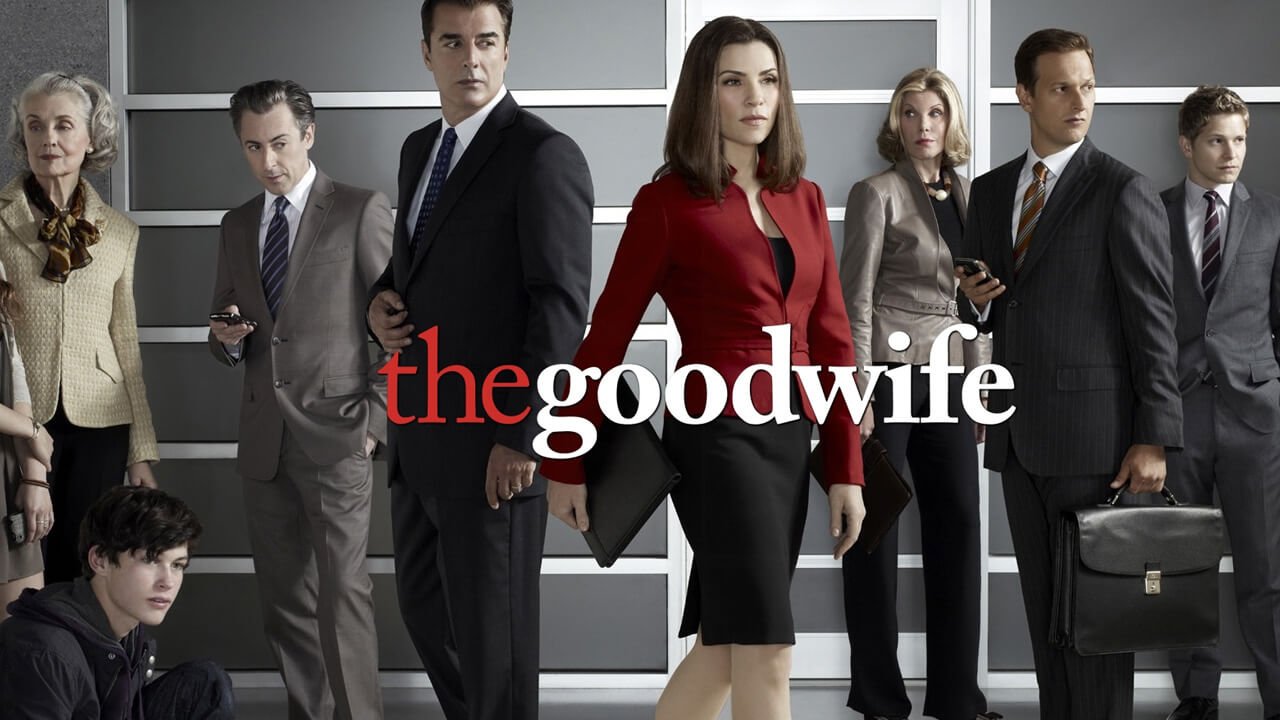We all love The Good Wife, but how accurate is this legal drama at actually portraying real-life law?
As lawyers, it can be pretty hard to look past our own expertise and bask in the exciting storylines of legal television dramas (no matter how much we might love them).
Although we’re big fans of the genre, their portrayal of law and the court system can often be misleading. Avid viewers of courtroom dramas have become accustomed to the traditional tropes of the genre: Almost every case goes to trial, suspects not-so-unexpectedly confess on the stand, last-minute evidence saves the day, and the case is over in a matter of days.
While The Good Wife can act as a fairly decent example of the systems and procedures of the real-life court system, it often presents many instances of misrepresentation. If you’re looking towards legal television dramas like The Good Wife to get the real scoop on what it’s like to be a lawyer, we’ve outlined exactly where they veer from the truth and when they nail it right on the head.
The Good Facts:
- How to run a business: The show’s focus on the business side of running a law firm is not only realistic but demonstrates the many unglamourous components involved in running a successful law firm. From economics to intense research, The Good Wife takes us out of the courtroom and introduces us to all the nitty gritty details of running a legal business.
- Reference of case law in court: While they don’t always reference case law the way a real lawyer might, the regular mention of case law as the basis for their arguments is on point. Lawyers in common law jurisdictions like Canada, the UK and the US rely heavily on previous court decisions. And where the law gets interesting is where previous cases end and yours begins. And finding similarities to existing law is a big part of litigation.
- Not all cases go to trial: The Good Wife is one of few legal tv dramas to step out of the courtroom and dive into the less-than-exciting details of negotiation, plea bargaining, and motion dismissals. Being a lawyer isn’t just about calling witnesses to the stand!
The Good Fibs:
- Unrealistic lawyer allocation: Most firms don’t use 30 lawyers on one case. It’s inefficient and unrealistic. Let’s not forget that lawyers bill by the hour. If there are only two lawyers running a trial, why would a client accept a bill from their law firm for the hours of 30 different lawyers? This is especially the case in criminal cases. We’ve all heard of/seen ‘dream teams’ assembled for high-profile cases, but never 30 lawyers, and definitely not on a pro bono case! The economics just don’t make sense!
- Heightened court banter: No, lawyers don’t passionately yell over each other in heated arguments. They also don’t interrupt each other. And they certainly never interrupt the judge! While these moments make for that juicy entertainment we all love, they provide an unrealistic account of how lawyers communicate in a courtroom. The sad truth is that real-life courtroom procedures are far more boring, courteous, and calm. But that doesn’t exactly make for great tv, does it?
- Hurried timelines: Did you know it can take years before a case even goes to trial? Something that The Good Wife fails to portray is the lengthy process of document discovery, investigation, and trial preparation. Many cases, especially criminal cases, can take months if not years to go to reach completion. But, to be fair, it’s not always easy to fit a couple of years into a couple of 40-minute television segments.
- Wildly unrealistic depositions: The types of random – and often entertaining – questions to obtain answers are not common in regular depositions. While certain fields require a more aggressive approach, the goal of discovery is to collect the facts. This involves combing through the evidence and getting a full picture from the person who is testifying – rarely done in under 5 minutes!
- All-Service Lawyers: Lawyers rarely bounce from one area of law to another. Lockhart Gardiner functions as an all-service firm, providing legal services ranging from family law and criminal investigations to commercial law and mergers. While a few all-service firms do exist, the lawyers within them do not work across all the divisions. If I wanted to hire a criminal lawyer, I would want a criminal lawyer who only does criminal law, not one who dabbles in many different areas.
While we’ll be the first to admit that The Good Wife is an immensely entertaining show and that it’s ahead of its competition in portraying the real-life dedication and hard work that goes into a legal career, it’s hard for us to look past the many legal inaccuracies. If you’re an aspiring lawyer, this show – as well as others of its genre – can be an excellent source of entertainment that might confirm legal systems or procedures you’re already familiar with. But let’s not count legal dramas as study material for our LSATs.
Cover Photo Credit: whats-on-netflix.com




 INJURED?
INJURED?